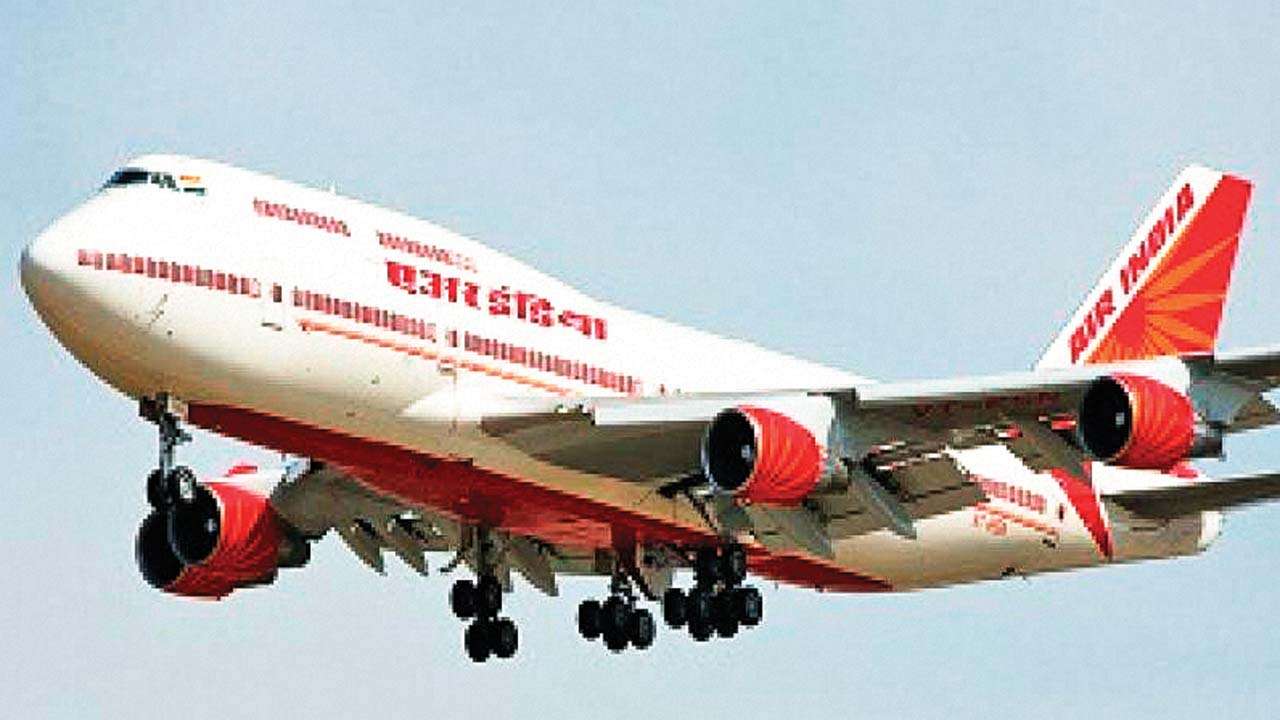
Air India (AI), surviving on doles from taxpayers’ hard-earned money, needs to get its act together. Or else, it makes sense to sell it off, something that the Modi government came close to doing, but backed off at the last moment, given the mindless opposition of all freeloaders thriving at the expense of bleeding public sector undertakings. On Saturday, AI hit a new low when thousands of its passengers were stranded at airports across the world after a software “glitch” made it impossible for them to check in. Nearly 150 flights were affected with an average delay of two hours after the state-run airline’s passenger service system (PSS) software, which looks after check-in, baggage and reservation, did not work from 3.30 am to 8.45 am.
Naturally, Air India operations turned chaotic as the staff could not issue boarding passes. The PSS is owned and managed by Atlanta-based firm, SITA. The average number of flights that the Air India group and its subsidiaries fly daily is around 674. Someone in authority has to explain how a global passenger service system can stall for so many hours, leaving many commuters stranded, and this at the cost of enormous goodwill in a highly competitive industry, where global airlines are innovating on a daily basis to attract flyers. In fact, some recent decisions of the cash-strapped airlines, like shifting exclusively to a single global distribution system (GDS) and playing around with a very technical aspect of airlines sales and marketing, have raised eyebrows.
The GDS is a computerised network system owned or operated by a company that enables transactions between travel industry service providers, mainly airlines, hotels, car rental companies and travel agencies. Like most full-service airlines, Air India had been using multiple GDS systems so far. However, inexplicably, Air India has decided to get rid of all GDSs in favour of one called Travelport. This means that if a travel agent wants to book a ticket, he has to be on Travelport GDS. With e-commerce expanding rapidly, technology plays a key role. Most travel agency chains have already spent enormous amounts of time and money to integrate and further develop their systems with their preferred GDS. They would not be willing to disrupt their systems if they are forced to change GDS worldwide by one airline. The result would be Air India’s isolation to the advantage of others. Pray, why this exclusivity? The ostensible reason given is that the deal will help them reduce distribution cost by almost 60 per cent.
The GDS provider collects a segment of fee for every booking and shares a portion with the travel agent. By restricting GDS to only one provider, it might reduce costs, but will cut down the catchment area of passengers to only members of that GDS. Travelport, unfortunately, has only 20 per cent of global and 30 per cent of the domestic market. It would be interesting to examine whether there is any link between this decision to stick to one GDS and the Saturday goof up, which gives a very bad name to the airlines and the country.